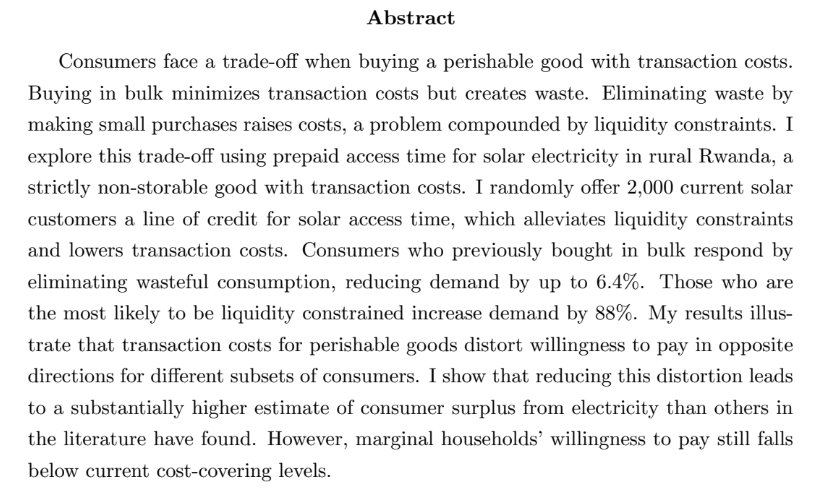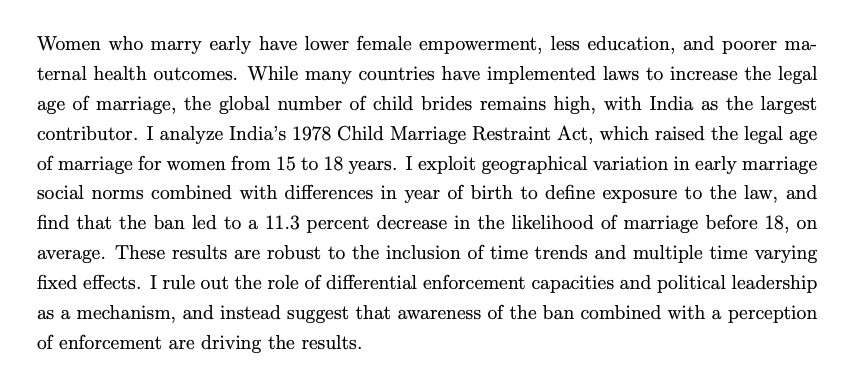
Interested in how to increase police accountability? Check out this fantastic series of interviews and discussion papers by leading research experts, for @Arnold_Ventures.
\begin{thread}
\begin{thread}
@Arnold_Ventures "The Cost of Police Misconduct Litigation" by @JCSchwartzProf
arnoldventures.org/stories/the-co…
arnoldventures.org/stories/the-co…
"Using Data to Stop Police Misconduct Before It Starts" by @profjensludwig
arnoldventures.org/stories/using-…
arnoldventures.org/stories/using-…
Thanks to these authors and their coauthors (@robgillezeau, @drdonnalfeir, @ajc730, & Dylan Fitzpatrick) for their important contributions to this conversation.
These papers came out of broader roundtable discussions in the fall:
Thanks to all involved (especially @w_katz1 & @asheleyvn) for their leadership!
https://twitter.com/jenniferdoleac/status/1341793214907490305
Thanks to all involved (especially @w_katz1 & @asheleyvn) for their leadership!
• • •
Missing some Tweet in this thread? You can try to
force a refresh








